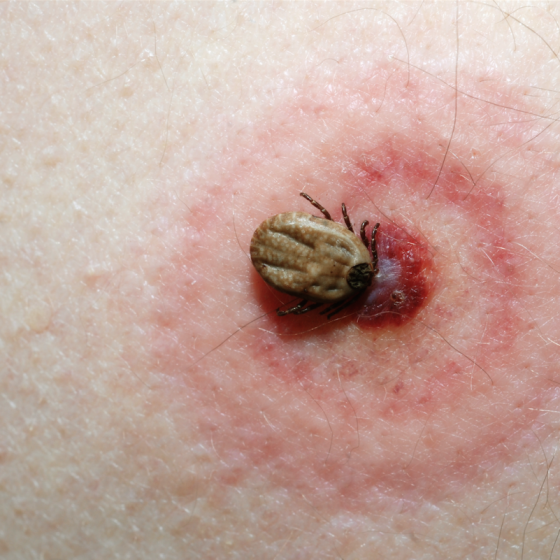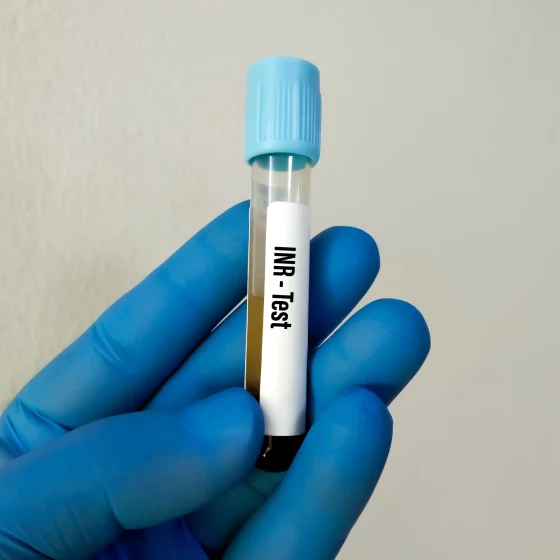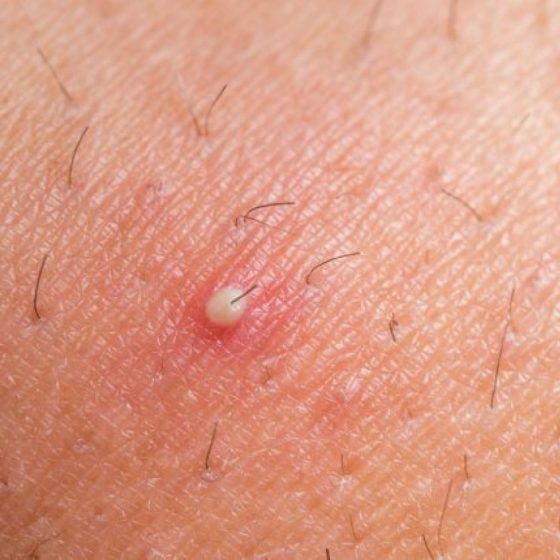Iron deficiency
What is iron deficiency? Iron deficiency is when there’s not enough iron in your body. Iron is an essential mineral for your body. Iron is needed to produce red blood cells, which are important for: a healthy immune system mental function muscle strength and energy In red blood cells, iron forms part of a protein called haemoglobin. Haemoglobin transports oxygen through your blood. It carries oxygen from your lungs to all the cells in your body so they can work properly. Your body can’t make iron, so you need to get it from your diet. If you don’t eat as much iron






